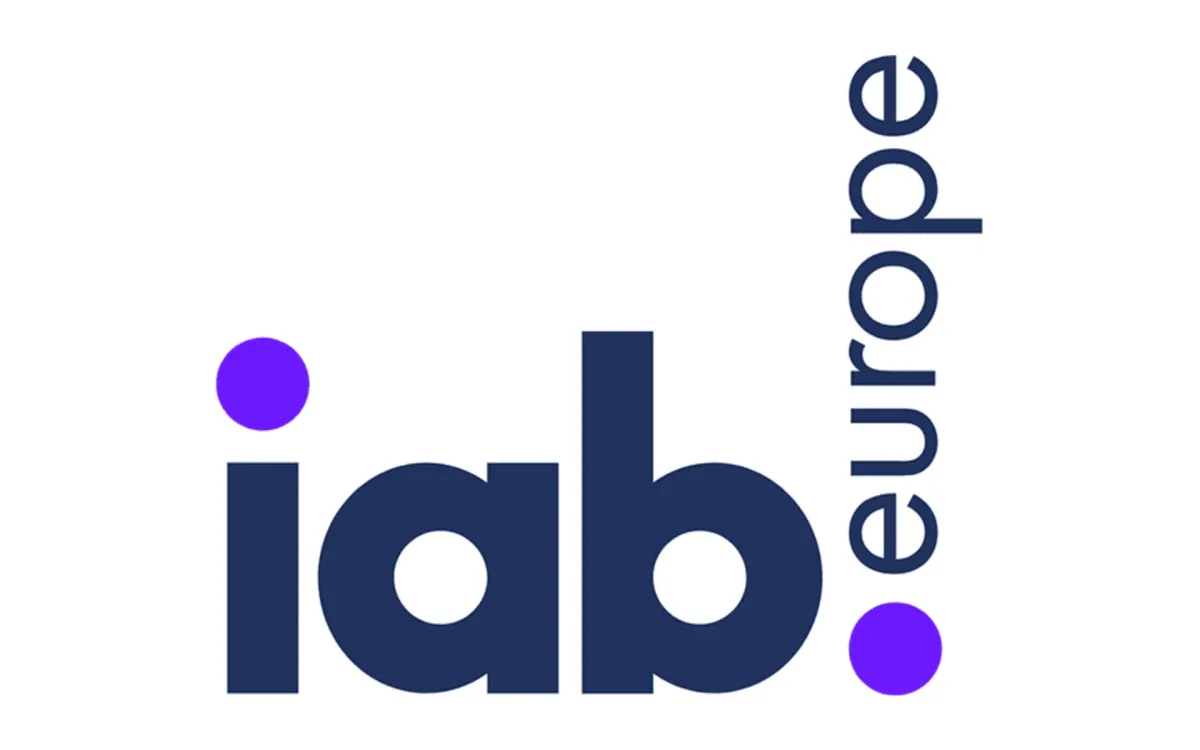

Two days ago, on January 16, 2025, IAB Europe and eight other digital advertising trade associations submitted a comprehensive feedback paper to the European Data Protection Board (EDPB) regarding "consent or pay" (CorP) models for online services. According to the joint submission, the associations aim to influence forthcoming EDPB guidelines on these models, which let users choose between paying for services or consenting to personalized advertising.
The feedback comes in response to a November 18, 2024 EDPB stakeholder event examining CorP approaches. According to the document, the trade groups emphasize the need for guidelines aligned with existing legal frameworks, particularly the General Data Protection Regulation (GDPR) and Court of Justice of the European Union (CJEU) rulings.
The associations argue that CorP models have already received legal validation across multiple jurisdictions. According to the feedback paper, the French Council of State confirmed that cookie walls cannot be prohibited outright, while the Norwegian Privacy Appeals Board recognized that companies are not obligated to offer free services.
A central focus of the submission concerns the assessment of "freely given consent" in CorP implementations. The associations maintain that these models provide genuine user autonomy by offering clear options: paying a fee, accepting personalized advertising for free access, or choosing neither and seeking alternatives. According to research cited in the document, between 10-50% of users opt to leave services without selecting either option, which the groups interpret as evidence of real user choice.
The associations directly challenge suggestions that publishers might set excessive fees to push users toward accepting advertising. According to their analysis, market competition naturally incentivizes reasonable pricing since inflated fees would drive paying customers to competitors.
The submission provides detailed economic data regarding advertising revenue. According to research referenced in the document, publishers earn significantly less from contextual versus personalized advertising, with a relative price difference of -50.9% for news and information publishers. The associations note that contextual advertising only fills approximately 20% of available ad slots, compared to 80-90% for personalized advertising.
The feedback paper specifically addresses the case study of Dutch public broadcaster NPO, which has been cited as evidence that contextual advertising can match personalized ad revenue. According to the associations, this example requires context - NPO holds a dominant market position as a public broadcaster, faces unique advertising restrictions, and derives primary funding from government rather than advertising sources.
The document emphasizes that neither GDPR nor ePrivacy Directive aims to dictate business models. According to the associations, this aligns with GDPR Recital 4, which acknowledges data protection rights must balance against other fundamental rights like freedom to conduct business.
Looking ahead, the associations warn that requiring free alternatives without personalized advertising could reduce content accessibility. According to their analysis, lower contextual advertising revenue could force many services to eliminate free access options entirely, potentially limiting user choice rather than expanding it.
The submission represents coordinated input from IAB Europe, Alliance Digitale, BVDW, IAB Finland, IAB Ireland, IAB Italia, IAB Polska, IAB Spain, and SPIR. These organizations collectively represent hundreds of companies across the European digital advertising ecosystem, from major platforms to small publishers.
The timing proves significant as the EDPB develops formal guidelines on CorP models. According to the associations, given the economic implications, any guidance should incorporate empirical research and consultation with competition and consumer protection authorities.
This development marks a critical juncture in the ongoing European policy debate over online business models, user privacy, and the future of digital advertising. The EDPB's eventual guidelines could significantly impact how online services monetize content and interact with users across the EU digital market.

